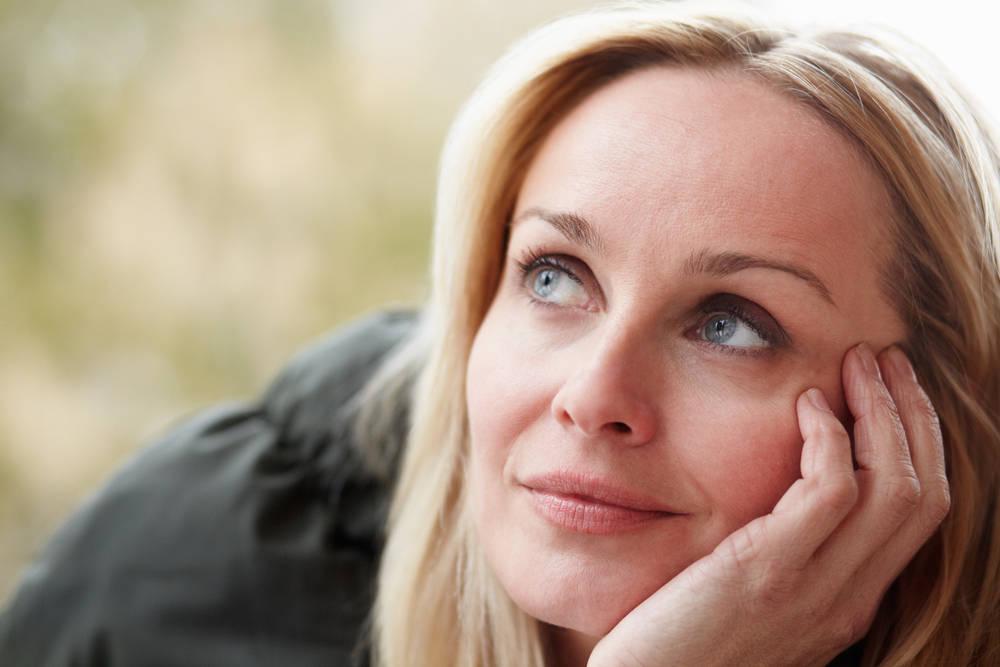
Senior citizens experience a myriad of changes in almost every area of their bodies as they age, and the skin is no exception. As one age, the skin begins to sag, grows thinner and no longer bounces back the way it once did.
18064 Wika Rd #201-202 Apple Valley, CA 92307